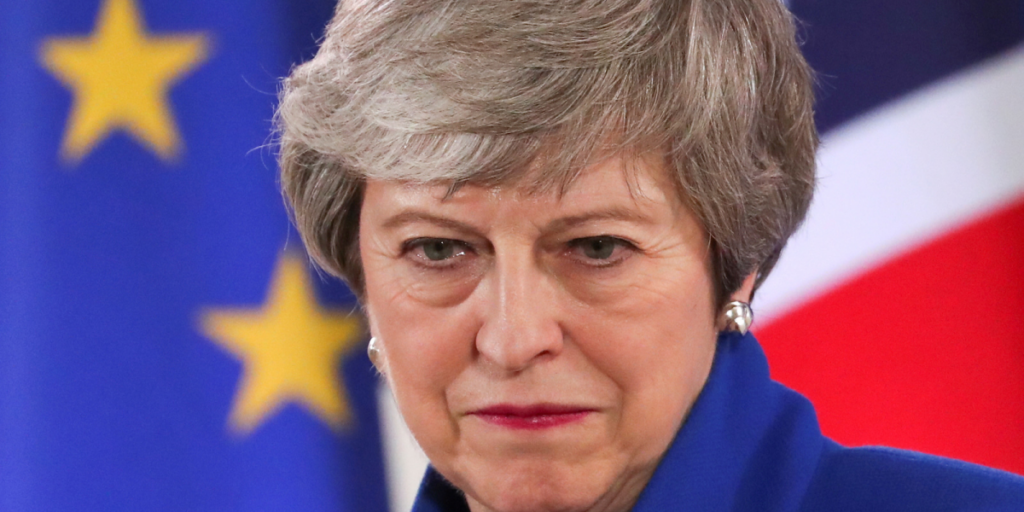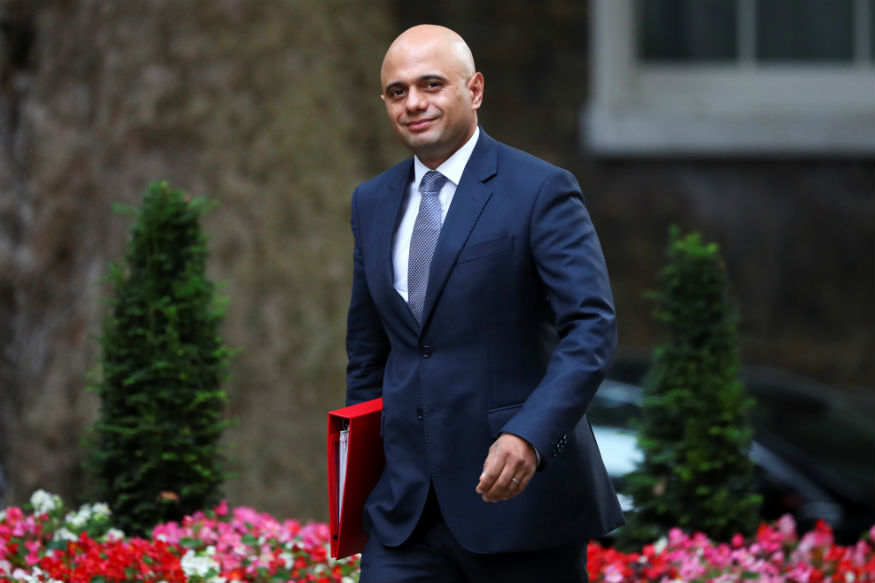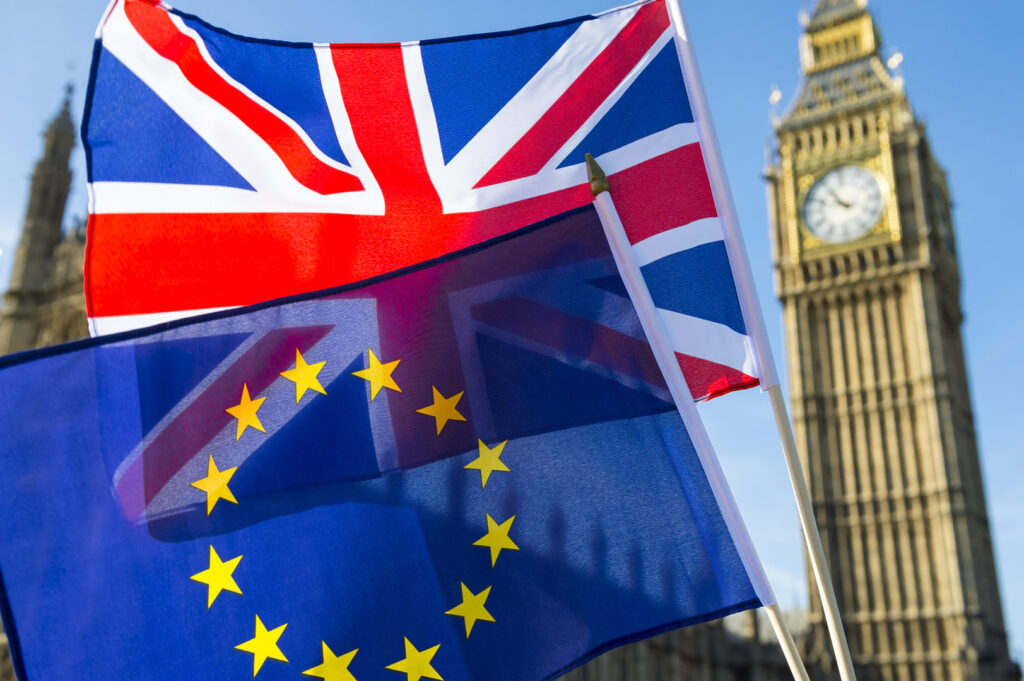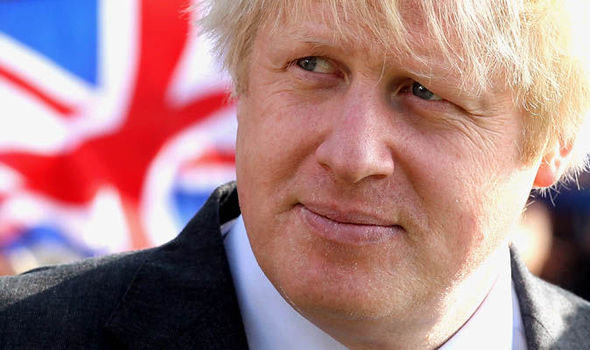The Brexiteer: Prime Minister Boris Johnson
The Conservative Party (Tory) leadership race has concluded. Brash and unapologetic Boris Johnson won the contest. As the new Prime Minister names his cabinet and sets his policy what can we expect from the Boris Johnson government? Boris has supported Brexit (the United Kingdom departure from the European Union) from the start. He is a well-known free marketeer and an outspoken supporter of Israel. Is the UK finally on the right track?
In a recent article, the Guardian tried to paint Boris Johnson’s cabinet as a group of far-right misfits. In the eyes of what has long been an extreme-left rag, it is not difficult to see how they drew this conclusion. In reality, Johnson’s cabinet is precisely what a great number of British voters, whether traditionally Tory in their leaning or more independent, have been seeking for some time. A government that will place the needs of British voters and the working class ahead of international elitism and the massive Eurocracy which has descended from Brussels in recent decades. The European Union (EU) has spread Berlin’s yoke across Europe and has threatened to take the United Kingdom (UK) down with it. British voters took the decision in a 2016 national referendum to depart the EU. The government of Theresa May could not deliver on that mandate and now her tenure as Prime Minister (PM) has been brought to an end.

Recent polling data and the results of what was probably the UK’s last European election have shown voters very eager for the two major parties to take a position on Brexit. While both parties straddled the issue of departing the EU, the new Brexit Party led by Nigel Farage, the leader of the Leave campaign during the national referendum, ballooned to first place for its pro-Brexit stand. The typically third-party Liberal Democrats (Lib-Dems) rose to second place on their pro-Remain stance. These results foreshadowed a realignment of the major parties on the issue. To retain its unchallenged claim to the British centre-right the Tories had to adopt a pro-Brexit position. No sooner had Boris Johnson assumed the leadership then his opposite number, Labour leader Jeremy Corbyn leapt to the position of Remain. Corbyn, a vocal socialist and anti-Semite, had a long history of Euroscepticism that he abandoned all at once to take up his new position to the left of Boris Johnson. It is more than likely that Corbyn’s incompetent leadership will see Labour remain deep in opposition well into the coming decade.
While both parties straddled the issue of departing the EU, the new Brexit Party led by Nigel Farage, the leader of the Leave campaign during the national referendum, ballooned to first place for its pro-Brexit stand. The typically third-party Liberal Democrats (Lib-Dems) rose to second place on their pro-Remain stance. These results foreshadowed a realignment of the major parties on the issue. To retain its unchallenged claim to the British centre-right the Tories had to adopt a pro-Brexit position. No sooner had Boris Johnson assumed the leadership then his opposite number, Labour leader Jeremy Corbyn leapt to the position of Remain. Corbyn, a vocal socialist and anti-Semite, had a long history of Euroscepticism that he abandoned all at once to take up his new position to the left of Boris Johnson. It is more than likely that Corbyn’s incompetent leadership will see Labour remain deep in opposition well into the coming decade.
The realignment that has been slowly tearing its way through British politics for the past decade and a half is now complete. The voters have forced the political system to correct itself right and left to a new norm. The moderately free market, anti-EU, pro-US, pro-Israel right is now represented by the Tories under Boris Johnson’s leadership. Meanwhile, the socialist, pro-EU, anti-US, anti-Semitic, hard left is at home with Corbyn’s Labour. Voters have a clear choice, although only one party can sustain a competent policy. If Corbyn somehow came to office by some electoral fluke, his government would soon resemble, or even outdo, the disastrous Callaghan Labour government of the so-called Winter of Discontent (1978-79) that ended with Margret Thatcher’s landslide victory.

The Brexit Cabinet
Boris Johnson, who will serve as Prime Minister, has a long career having first stepped into Parliament in 2001 as the Member for Henley Constituency. Mr. Johnson then served as Mayor of London for eight years before returning to Parliament, having assisted in the great electoral feet of defeating a sitting government at a national referendum. This had never been done before. David Cameron resigned as PM paving the way for Theresa May to assume office. Johnson remained an important figure in the public eye. May sought to placate him by giving him a portfolio as Foreign Secretary, now a figurehead office with little power. Perhaps she hoped he would wither there and go quietly into the political graveyard. That was not to be. May repeatedly and embarrassingly failed to reach an agreement on Brexit with either the EU, which never sought to give the UK an easy out, or with the Parliamentary majority who overwhelmingly defeated plan after plan. Unable to find a moderate position, she took the decision to resign prompting the leadership race that ultimately elevated Boris Johnson to Prime Minister.
Party insider Jeremy Hunt was unable to overcome his previous duty to the Remain campaign in the 2016 referendum. At that time, the Tory leadership whipped its junior leaders and back bench to oppose the Leave campaign and support remaining in the EU. It was perceived as political suicide for party members to support Leave publicly. Many sympathetic closet Leavers were thus silenced. Jeremy Hunt, Sajid Javid, and several others were among this number. Boris Johnson and Michael Gove who supported the Leave campaign were thought to have dug their own political graves. Not so. Hunt was ultimately cast aside for Johnson precisely because he had towed the party line and silently supported Remain. It turns out, this was to be the path to the political graveyard for David Cameron, Theresa May, and now the otherwise talented Jeremy Hunt.

Sajid Javid, a native-born political force whose parents immigrated to the UK from Pakistan, is a former investment banker. Javid has long been a free marketeer and is also known, somewhat surprisingly, for his pro-Israel stance. Javid is proof that well-integrated immigrant families whose children study hard and adopt the welcoming western culture can succeed wildly. Javid will sit as Chancellor of the Exchequer, essentially treasury secretary, a critical number 2 spot in the UK political system. Joining him as Foreign Secretary and First Secretary of State is Dominic Raab a known Eurosceptic and civil libertarian who hails from the once prominent David Davis branch of the Conservative (Tory) Party. Priti Patel will take over for Javid at the Home Office as Home Secretary, similar to Secretary of the Interior but more prominent, an office largely responsible for domestic governance. Patel, a vocal Leaver, was ushered out of the party elite when she made a trip to Israel and stood up the British government by showing herself well connected among politicians there. Raising the crusty eyebrows of Britain’s haughty political elite meant certain political death not long ago, but here she sits holding a prominent office.
Rounding out his inner circle is Health Secretary Matt Hancock, a scion of the David Cameron and former Chancellor George Osborn circle; Andrea Leadsome as Business Secretary, whose departure from May’s government led to the latter’s downfall; and Ben Wallace as Defense Secretary, who served in the Scottish Guards in Northern Ireland at one time and sat in the Scottish Parliament, he is the least publicly known cabinet member to hold high office. Michael Gove holds office as Chancellor for the Duchy of Lancaster (minister without portfolio) a ceremonial office with little real power, similar to the Vice Presidency in the United States. What role he will play in the government is unknown. Gove and Johnson are estranged over intense and personal political infighting.
The Signals are Positive
If the makeup of Johnson’s cabinet is any indication of his intended policies, and it is safe to assume it is, his government will focus on achieving a real Brexit, by one means or another, as its top priority. As second priority, his government will seek the kind of economic boom taking place in the United States by increasing the availability of private capital through tax cuts and regulatory reform. The tricky details of a “Hard Brexit,” that is, a Brexit without a deal with the EU, will complicate the goal of revitalizing the British economy. President Trump signaled his willingness to seek a special trade deal with the UK to ease the process. May’s government considered eliminating tariffs and opening the UK to free trade to alleviate the short-term consequences of departing the EU. Will Johnson’s government take a similar course? There is also the critical question of the Irish border with Northern Ireland. If Northern Ireland remains within the customs union and common market of the EU it will be estranged from the UK, a circumstance the Democratic Unionist Party (DUP) is unwilling to tolerate; a party that currently supports the minority Conservative Party lending the votes necessary for a majority. If Northern Ireland left the customs union and common market with the UK, it would then be estranged from the Irish Republic, which would antagonize a portion of the northern Irish population. Resolving this matter will involve navigating difficult political waters.

When it comes to foreign policy, look for a tough line on Iran over the seizure of British vessels in the Straight of Hormuz. Britain will not act unilaterally or rashly, but will follow the Trump Administration’s lead. Nevertheless, hard days lie ahead for the tyrannical Mullahs who rule Iran. Johnson’s government will also be more staunchly pro-Israel, as the Prime Minister recently announced he is a “passionate Zionist.” With that said, in the short-term we should not look to any radical departures from Britain’s major foreign policy doctrines. With Brexit looming, that matter and the economy will take precedent.







